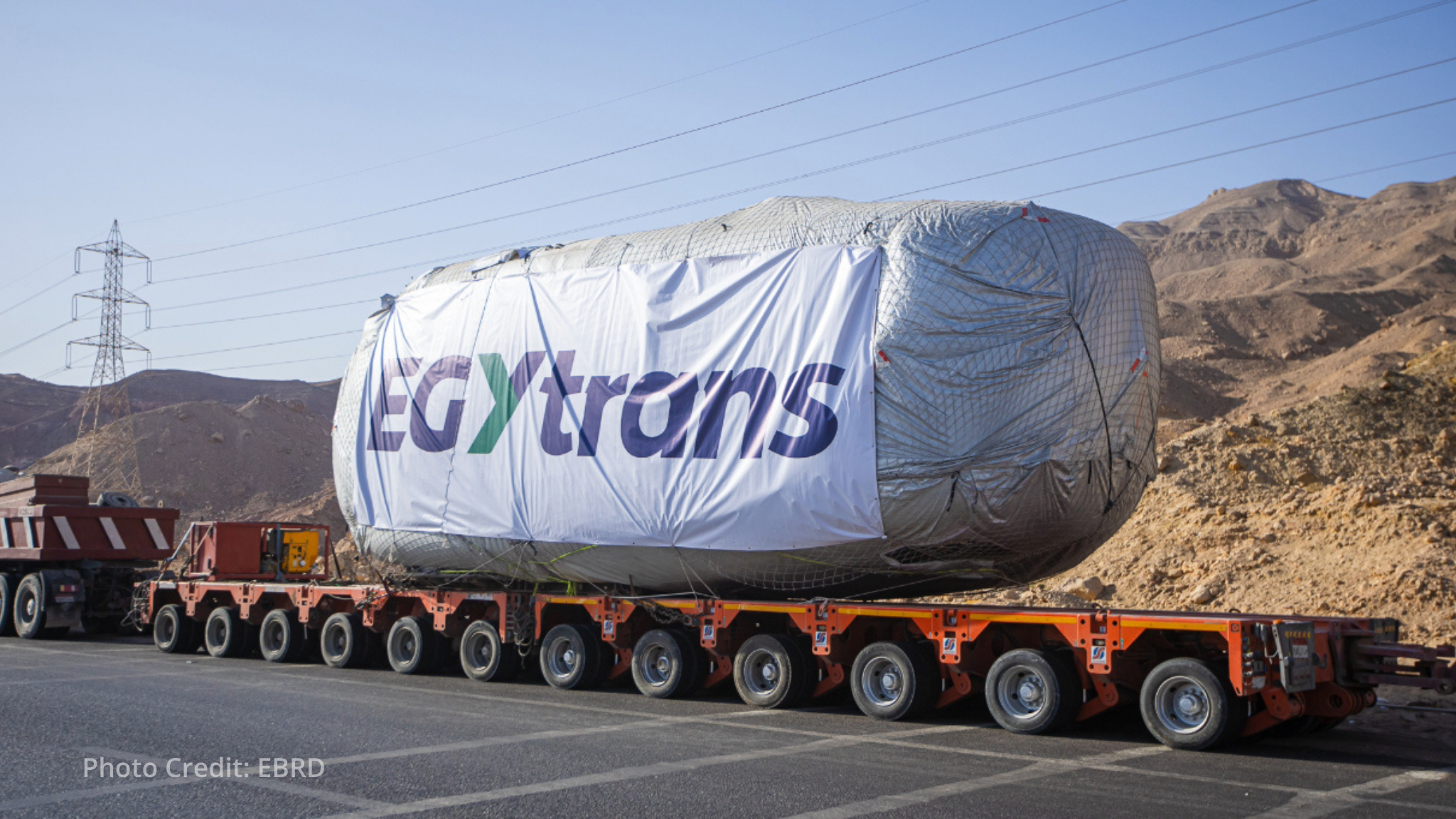Egyptian logistics company Egytrans has tripled its workforce to 1,000 employees and expanded into Saudi Arabia with help from the European Bank for Reconstruction and Development (EBRD)‘s Women in Business program. CEO Abir Leheta took charge in 2015 after her brother’s sudden death and has since transformed the 50-year-old family business into a regional logistics powerhouse.
The company recently bought NOSCO Egypt and opened its first branch in Saudi Arabia. Forbes Middle East named Leheta one of its 100 Most Powerful Businesswomen for 2025. The EBRD backed the expansion through advisory support, helping Egytrans develop sustainability plans and strengthen its operations as a publicly traded company.
Egytrans started as a family business that trained generations of logistics professionals in Egypt. The company offers everything from freight forwarding to project logistics, but struggled to modernize until Leheta stepped in. She joined as head of software development in 1996 and worked her way up through management roles before becoming CEO.
“When I first became CEO, I wasn’t necessarily ready or equipped for that role,” Leheta said. “It was a sharp learning curve, but one that pushed me to grow, adapt and focus on transformation.” She describes her leadership style as collaborative but has learned to be more assertive. Her advice to other women entrepreneurs: don’t be afraid to ask for help. “So many women think they need to be superwomen and do everything perfectly. But real success comes from working with smart people who can help drive things forward.”
The EBRD helped Egytrans create Egypt’s first carbon footprint report for a logistics company and develop digital systems to streamline operations. The company launched Logivators, an accelerator for logistics startups, and partnered with Jordan’s Nafith International to digitize freight flows through Egyptian ports.
Leheta sees the transformation as more than business growth, saying companies have a role “contributing to the economy, to society, and to shaping the future of our industry.”

